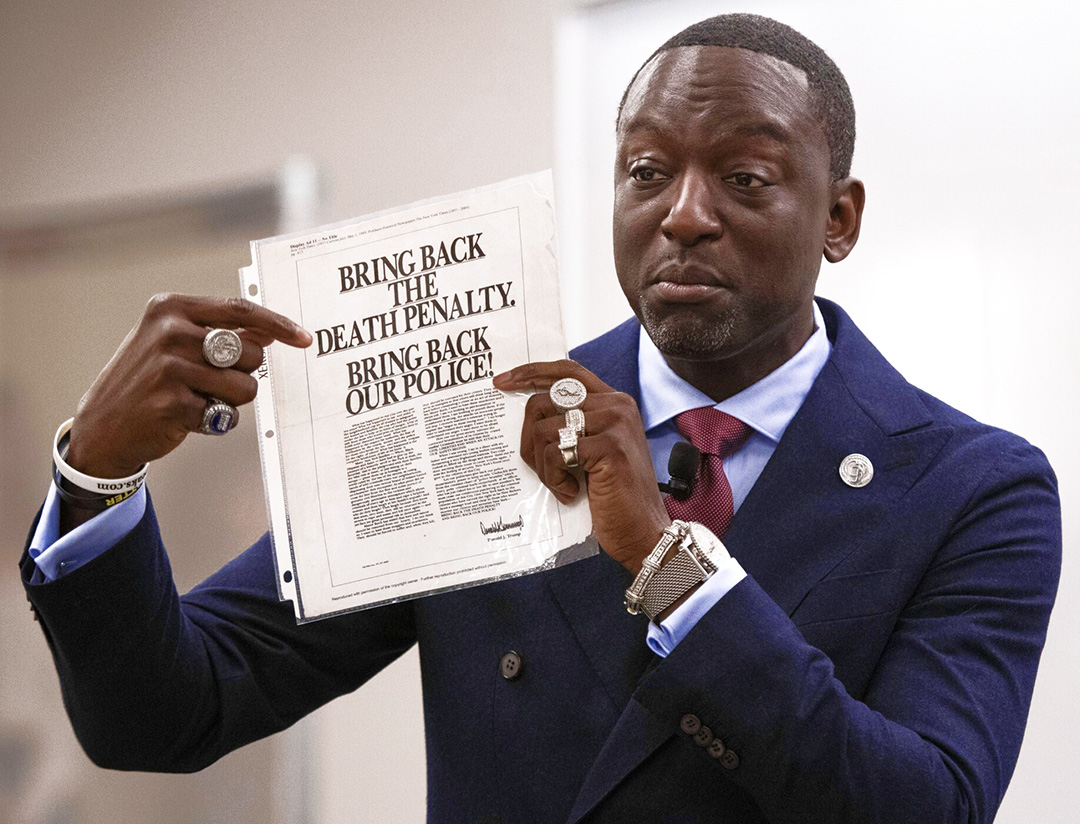Yusef Salaam, a member of the infamous “Central Park Five,” has secured a seat on the New York City Council, signaling a remarkable redemption and a new chapter in civic engagement. Wrongfully imprisoned as a teenager for a crime he did not commit, Salaam’s journey from victimhood to leadership exemplifies the resilience of the human spirit.
Salaam’s victory, representing a central Harlem district, underscores the power of redemption in the face of injustice. The echoes of his wrongful conviction, alongside four other Black and Latino men, reverberated through the racially charged atmosphere of the late ’80s and early ’90s. The Central Park jogger case became emblematic of the failings of the criminal justice system, marred by coerced confessions and racial tension.
After nearly seven years of imprisonment, DNA evidence and a confession from a serial rapist and murderer led to the exoneration of Salaam and his co-defendants in 2002. The subsequent $41 million settlement from the city marked a legal acknowledgment of the grave miscarriage of justice.
Salaam’s foray into politics, particularly his unopposed victory in the Democratic primary and subsequent win on the city council, serves as a beacon of hope for Harlem. His campaign focused on addressing poverty, combating gentrification, and reforming the criminal justice system. Salaam’s personal experience as a symbol of injustice resonated with the predominantly Black district, propelling him to victory.
In a poignant twist of fate, Salaam’s triumph aligns with former President Donald Trump facing multiple criminal charges. Reflecting on this irony, Salaam remarked, “Karma is real, and we have to remember that.” His journey from being persecuted by Trump, who called for the death penalty in the Central Park jogger case, to now holding a position of leadership is a testament to the resilience of justice.
Salaam’s election as a moderate Democrat also marks a departure from the left-leaning incumbent, Kristin Richardson Jordan. While Salaam supports housing development and rejects reducing police funding, his victory signifies a nuanced approach to the challenges facing Harlem.
Endorsed by prominent figures like Cornel West and Keith Ellison, Salaam’s election carries broader implications for the community. Harlem, once the Black political capital of New York, sees in Salaam a figure akin to Nelson Mandela – a political prisoner turned leader. As the neighborhood grapples with the impact of gentrification, Salaam’s win provides a spark of hope for inclusive, community-driven solutions.
Yusef Salaam’s story is one of redemption, resilience, and the transformative power of civic engagement. From a victim of systemic injustice to an elected representative, Salaam’s journey inspires us to believe in the potential for positive change, even in the face of adversity.


